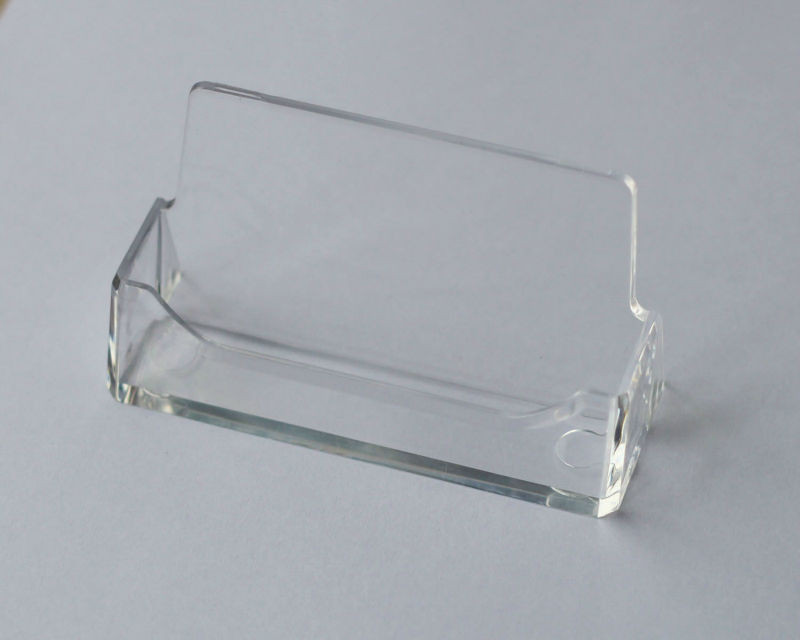Contrary to popular belief, the vast majority of businesses do not walk away from trade shows with a veritable treasure chest of successes. Whichever way you look at it, a trade show is perhaps the most brutal example of a business battlefield where dozens, maybe even hundreds of combatants turn up, but only the strongest survive. Attendee numbers are always limited which means there’s only a certain number of business opportunities to capitalise on – some taking home the lion’s share and others wishing they’d never bothered.
However, regardless of how successful any business may be at a trade show with regard to solid leads, hard sales and general consumer interest, there is one proactive strategy which can guarantee that the day itself will not have been a wasted opportunity, regardless of the outcome.
The long and short of it is that beyond the crowds in attendance, the sign holders on your booth and the overpriced coffee in the cafeteria, trade shows are nothing more than gold mines when it comes to networking opportunities. Ask yourself – in what other instance in your professional life will you ever be surrounded by such an enormous contingency of other professionals either in exactly the same kind of work as you, or in a closely connected capacity? The answer is of course never, and given the fact that these days the strength of your network will almost always be reflected in the strength of your business in general, networking opportunities like these really ought not to be overlooked.
So for those who would like to both get the very most out of their trade shows and indeed write themselves something of an insurance policy for the day, here is a quick look at a few tips on transforming trade shows into networking treasure chests:
1 – Find Out Who’s Going
First and foremost, instead of just heading out to the trade show and seeing who you bump into along the way, get hold of a full listing of exactly who is going to be there. This way, you will not have to waste any time wandering around looking for a networking prospect of genuine value – you will already have them all on paper in front of you and can narrow them down accordingly.
2 – Request Meetings
Just as soon as you have narrowed things down and you now have a list of individuals/representatives you’d like to network with, reach out to them and suggest a meeting at or around the event. It might feel a little unusual first if you’ve never done it before, but chances are the vast majority of those looking to attend the trade show will be doing exactly the same as you – so why not make the first move?
3 – Schedule and Prioritise
As far as those representatives you fully intend to just approach and speak to on the day, be sure to map out something of a schedule which prioritises those of most importance to you in accordance with how long you have available to speak to them and the times of day they are most likely to be free. Suffice to say, head over during any kind of peak and chances are they’ll have way better things to do than entertain you.
4 – Give Invitations
There’s also the option of using a little psychology to make things happen, which in this instance involves tantalising those you wish to network with in a manner which makes you yourself something of an appealing networking prospect. Instead of you being the one that personally goes round to each and every booth, waits their turn and makes the effort to make contact in general, try instead simply approaching the representatives of interest to you and handing them a business card coupled with an invitation to head over to your booth if they’d like to discuss business opportunities.
5 – Leave Literature
Last but not least, it sort of follows on the above point quite closely but it is nonetheless of crucial importance to make sure that each time you make contact with anyone else in attendance, you both take literature from them and leave your own literature. The simple fact of the matter is that they and you will probably be having quite a few of these short and sweet meetings throughout the day, so you cannot expect every representative you speak to to remember who you are or even what you do. And just for the record, the answer is no – a business card will not be enough if you really want to sell yourself to your peers.

